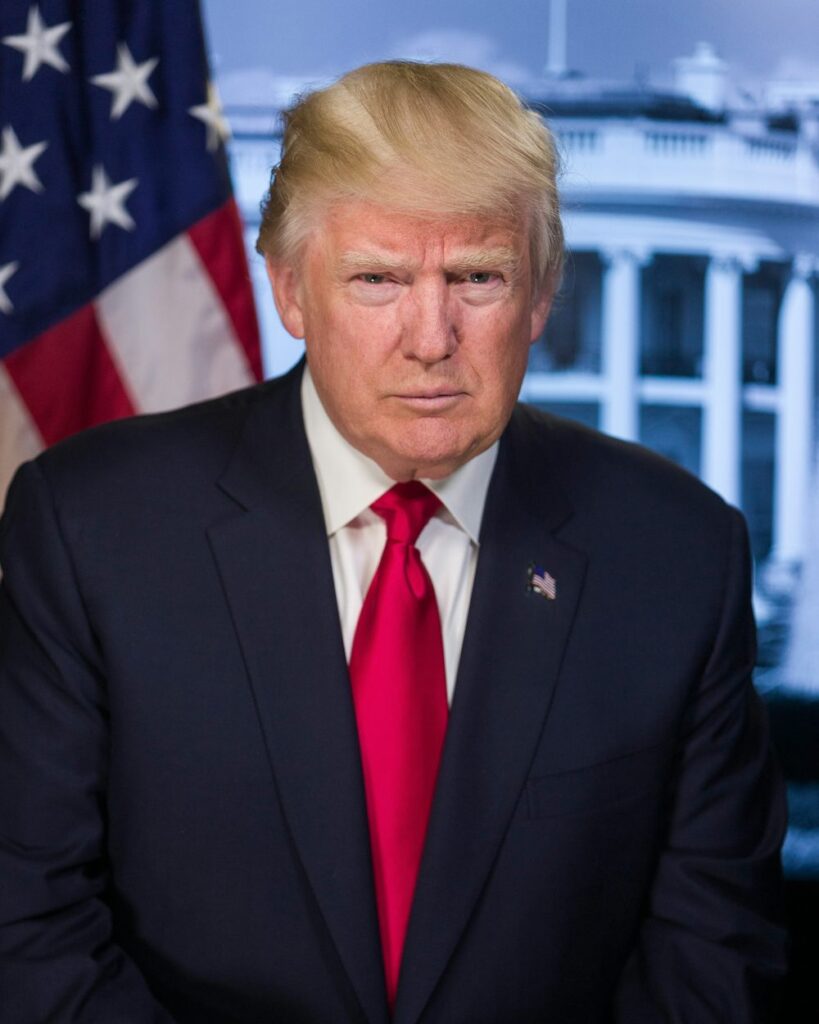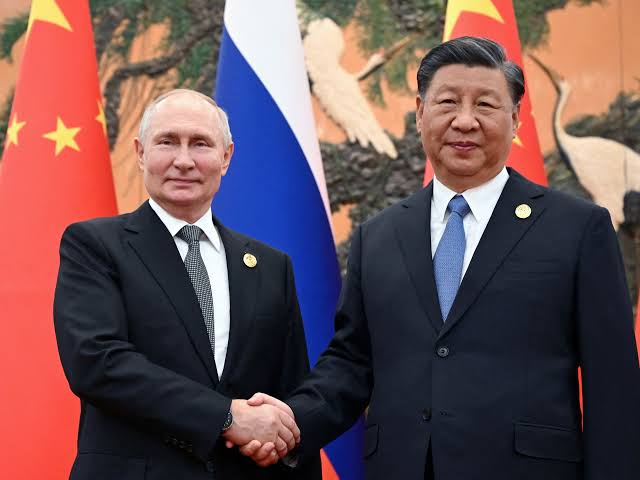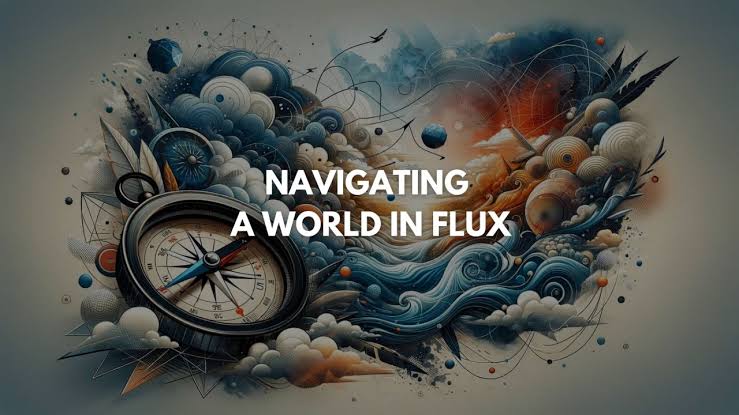Introduction:
As we say goodbye to a turbulent 2024, we usher in 2025. It is Donald Trump’s inauguration day as president of the United States, but the World Economic Forum is underway in Davos, Switzerland, where all the world’s leaders converge to deliberate on the biggest issues facing our world today. However, beneath this veneer of diplomatic niceties and economic predictions lies a labyrinth of power plays, ideological battles, and existential threats.

The Trump Factor: America First and the World
Donald Trump’s presidency has sent shockwaves across the globe, leaving allies and adversaries alike scrambling to understand his intentions. At the heart of Trump’s foreign policy lies the mantra of “America First,” a doctrine that prioritizes American interests above all else. But what
does this mean for the world?
On the one hand, the transactional approach to international relations may lead to more pragmatic, deal-making diplomacy, and his willingness to challenge conventional wisdom and push boundaries may yield unexpected benefits. On the other hand, his disdain for multilateral institutions and democratic allies raises concern about the erosion of the liberal international order.
The Rise of Revisionist Powers: Russia, China, and the New World Order

The U.S. is trying to sort out its role in the world while other nations capitalize on the situation to redraw the world map. Under Putin, Russia again is seeking to reclaim itself as a world power, whereas China under Xi is forging itself to be the ultimate player in the Asia-Pacific region.
Russia is aggressive in using force to get what it wants, as seen by its actions in Ukraine and Syria. China’s Belt and Road Initiative (BRI) is an economic play on the global stage with subtle power. Both countries share a desire to challenge the status quo of the current world order, which they see as being dominated by Western powers.
The Future of Globalization: A Leaderless World?

Nationalism and protectionism, as reflected in Trump’s “America First” doctrine, are seen by some as signaling the end of globalization. Is this true? Globalization is under siege: income inequality, environmental degradation, and more. It is unlikely to disappear, however. Instead, it may evolve into a multipolar world, where regional powers and institutions play a more significant role in shaping global governance.
Scenarios for the Future: A World in Flux
There are a number of possible scenarios that unfold, each carrying its own implications for a new world order as we look into the crystal ball.
Scenario 1: A New Great Power Bargain
Trump’s transactional approach will end with a grand bargain where he grants Russia and China their respective spheres of influence. That would be a tremendous change in US foreign policy but would likely pay dividends to all parties involved.
Scenario 2: War by Accident
There is bound to be a miscalculation by one of the major powers, leading to a catastrophic war involving a number of countries and causing much destruction. In fact, this scenario is quite possible with the present-day tensions between the US, Russia, and China.
Scenario 3: Anarchy in a Leaderless World
In the absence of a dominant global leader, this creates a power vacuum with increased conflict, terrorism, and social unrest. This is a scenario that would call for a catastrophic failure in global governance but may lead toward a more decentralized, multipolar world.
Scenario 4: Globalization without America
The United States withdraws from the world leadership position, and the world adjusts by creating new alliances and institutions that do not include the United States. This would be a major change in U.S. foreign policy, but the possibility does exist for a more complex, multipolar world.
Scenario 5: America First Succeeds
Trump’s policies bring forth unanticipated successes and make America’s economy and influence skyrocket while its opponents gather the pieces. Such an outcome would be possible with a massive change in world politics, but this can ensure a more secure, prosperous America.
You May Like to Read: Argentina’s Currency Sees Big Jump in 2024: A Double-Edged Sword
Conclusion
As we venture into the uncertain geopolitical landscape of 2025, it becomes quite clear that the world is in flux. With revisionist powers rising and the future of globalization yet to be written, history is being reshaped, particularly by Trump’s presidency. Stay tuned.
Implications of a Multipolar World: A multipolar world would represent an opportunity as well as a challenge because the existence of several nations or regions as significant powers could give the world a more diversified, representative global governance structure, but it may also cause the emergence of power vacuums and raise the chance of conflict. Emerging powers, including India, Brazil, and South Africa, will play an important role in shaping the future of globalization. Their increasing economic and demographic influence will require that they assume more responsibilities within global governance.
The Future of International Institutions: International institutions, such as the United Nations, the World Trade Organization, and the International Monetary Fund, will need to adapt to the changing global landscape. This may involve reforms to increase their representation, effectiveness, and accountability.
The impact of technology on geopolitics: Technological advancements such as artificial intelligence, cybersecurity, and renewable energy will have significant implications for geopolitics. They will create new opportunities for corporations and competition and require nations to develop new strategies for managing their impact.

